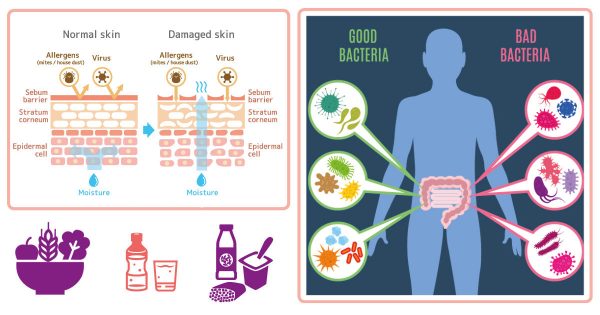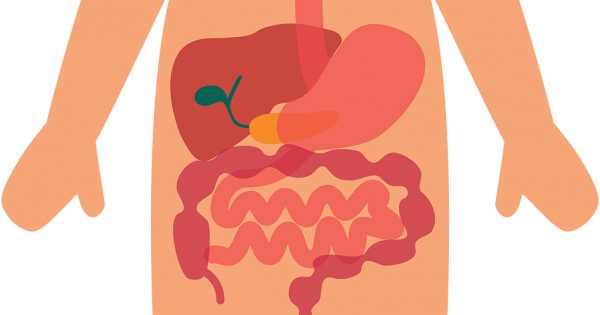Pain in the stomach or intestinal area is also called abdominal pain. Your child has recurrent abdominal pain if he experiences at least 3 episodes of abdominal pain that are severe enough to affect his daily activities, over a period of at least 3 months. Studies have shown that about 10% of Malaysian school children aged 11-16 years suffer from recurrent abdominal pain.
Recurrent abdominal pain is not itself a disease, but a term used to describe a symptom. It can sometimes be organic, which means that there is an underlying disorder/disease such as urinary tract infection, lactose intolerance, inflammatory bowel disease, pancreatitis, gastritis, oesophagitis, peptic ulceration or stool retention.
Is it Due to an Organic Disease?
Features that suggest an organic cause are:
- Site of pain. The further the pain is from the center (periumbilical), the more likely the pain is to be organic.
- Sleep disturbance. If the pain is severe enough to wake your child up at night, there is a higher chance that there is an underlying organic disorder.
- Age of child. In general, the younger the child, the higher the chance that there is an organic disease.
- The presence of features such as fever, blood in stools, inflammation (of joints, skin or eyes), weight loss, poor growth, anaemia, jaundice, high blood pressure, abscesses around the anus, recurrent and indolent mouth ulcers.
- Family history. There may be a family history of diseases such as inflammatory bowel disease, peptic ulcer disease or renal disorders.
The pain can affect your child’s growth and development as well as his overall well-being. It can interfere with his school attendance, affect his appetite, sleep, mood and emotions. So, if your child suffers from it, bring him to see the doctor.
Your Child may be Stressed Out!
Studies of recurrent abdominal pain in childhood showed that in over 95% of cases, there are no underlying diseases. This does not mean that the pain is not real, or made up. In cases where medical causes for the pain are not found, it suggests that the pain could be largely caused by stress, anxiety or depression. Studies conducted by University of Malaya Medical Centre show that children aged 9-15 years who experience recent significant lifeevents such as death in the family, change of address, failure in a major school examination or bullying at school, have a higher chance of developing recurrent abdominal pain.
Is it Due to Stress?
If your doctor is unable to detect a demonstrable organic cause for your child’s recurrent abdominal pain, the abdominal pain could be caused by stress or anxiety. You can help by being aware of the following:
Timing. Note the time your child began complaining about his ‘stomach’ pain. Were there any significant events that stand out? However, at times, there may be no obvious precipitating factor
Accompanying features. Are there other features such as constipation, diarrhoea, headaches, feeding problems, nightmares or fear of school?
Family history. Is there a family history of stressrelated problems such as headaches, irritable bowel syndrome, backaches or menstrual irregularities?
When Your Child’s Stomach Hurts…
You can help your child feel better at home by doing the following:
- Get your child to lie down.
- Spend time listening to your child about anything which may cause him or her to feel anxious or overly stressed.
- Distract your child with interesting activities such as reading or playing toys.
- If your child does not improve, it is advisable to seek medical help early as there are many possible causes of abdominal pain and it is important not to miss an organic cause.
Caution: Do not give your child over-the-counter medications for the pain, unless prescribed by the doctor.
Keep Your Child Happy
You need to look at your child as a whole, your family, your home environment and your child’s school dynamics. As a parent, it is your responsibility to ensure that your child settles in a supportive and understanding environment at home and at school. Help your child stay happy and joyful by taking action immediately as soon as you detect an issue that is bothering him excessively and is causing abdominal pains.







Comments